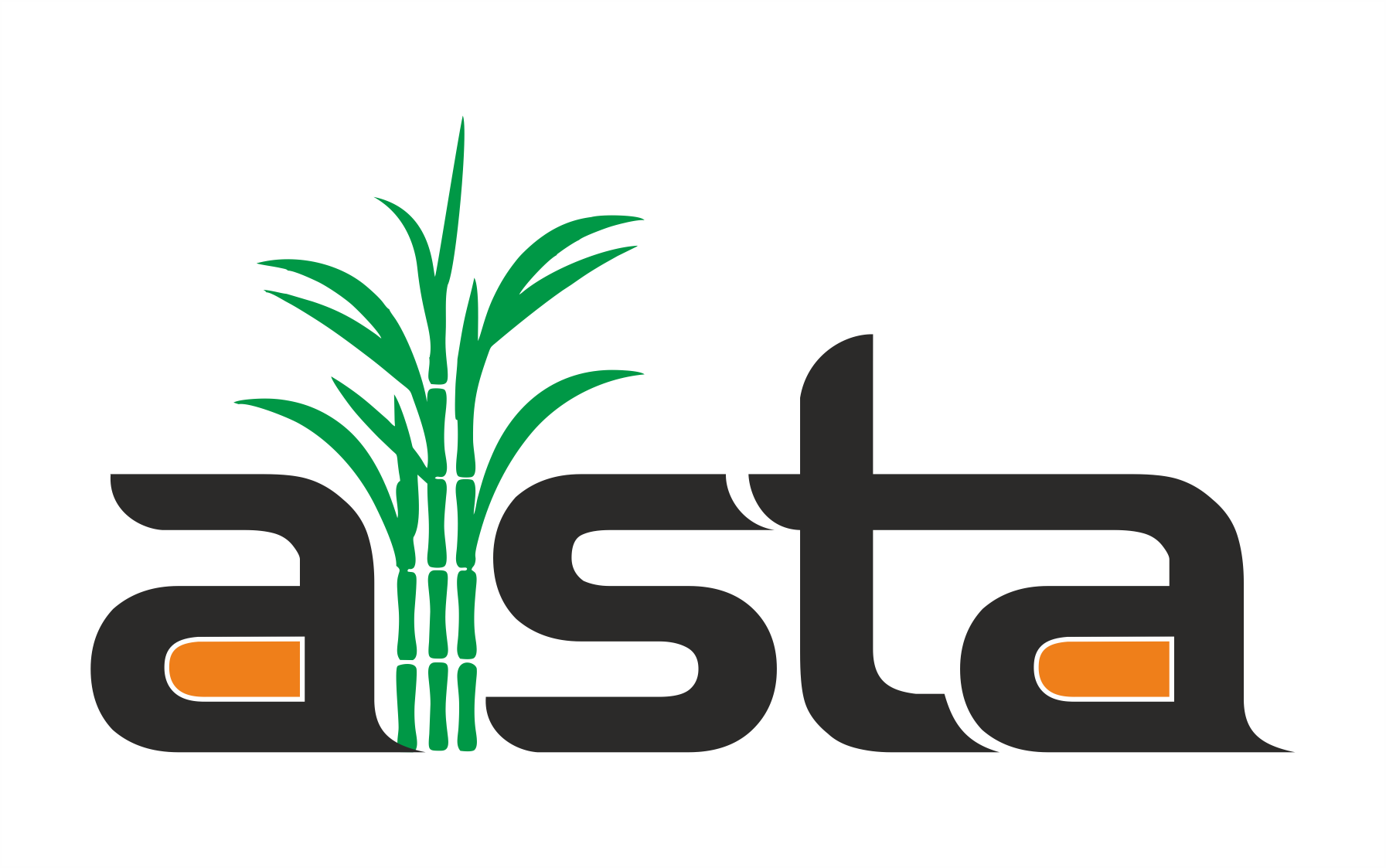Cane crushing, sugar production to increase in Maha this year
Officials from the state’s Sugar Commissionerate said that sugar mills in the state had revised their estimate of sugarcane crushing in the current season to 800 lakh tonnes by April this year from the earlier estimate of 700 lakh tonnes.This, they said, was due to increase in sugarcane production because of the availability of sufficient water.”Total sugarcane production in Maharashtra would be around 900 lakh tonnes. Of these, some would be diverted for fodder and other usage and 800 lakh tonnes would be crushed for sugar. The average sugar recovery rate per tonne is 11.50 per cent,” the officials informed.Officials of the Maharashtra State Federation of Cooperative Sugar Factories said that the sugarcane crushing season generally began in November and went on till March, adding that sugarcane was in excess this year and crushing might extend till April.”As many as 184 sugar mills, comprising private and cooperative ones, have commenced sugar production. There are 87 cooperative and 62 private mills which have crushed 620 lakh tonnes of sugarcane and produced 66.89 lakh tonnes of sugar. The current recovery rate is 10.04 per cent,” Shriram Shete, vice chairman of the federation said.He added that in the previous year, during the same time, 149 sugar mills had crushed 339 lakh tonnes of sugarcane and had produced 37.50 lakh tonnes of sugar.However, he said, the problem was that it could see sugar prices crashing in the wholesale market.
It was on the basis of sugar sales that factories paid prices to farmers, he explained.”The rates of bagasse and molasses are also on the lower side. If the prices continued to fall, it will land sugar mills in a financially vulnerable situation as sugar and its byproducts are the sources of income for mills. If mills do not get good rates from sugar and it byproducts, the situation could get critical, including mills turning defaulters,” Shete said.
Source: business-standard Published on 2018-02-11

